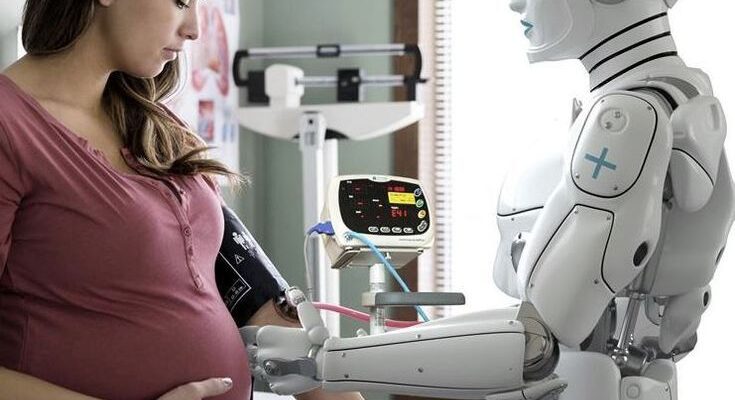The United States is at the forefront of a technological revolution, driven in large part by advancements in artificial intelligence (AI), automation, and machine learning.

These innovations have the potential to transform industries, reshape economies, and redefine the way society operates. However, as with any major technological shift, this revolution comes with a host of challenges, from ethical concerns to regulatory issues, economic disruptions, and the future of work. As of 2025, the U.S. is navigating these changes, grappling with how to harness the benefits of AI while addressing its risks and ensuring that no one is left behind in the process.
The Rise of Artificial Intelligence and Automation
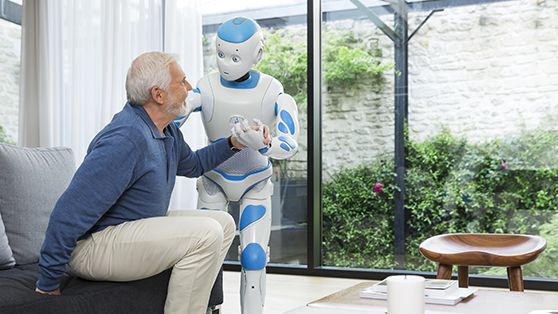
AI technologies have advanced rapidly over the past decade, with breakthroughs in natural language processing, computer vision, robotics, and autonomous systems. Companies like Google, Microsoft, OpenAI, and Tesla are leading the charge, developing AI systems that can outperform humans in certain tasks. From self-driving cars to automated factories, AI is poised to revolutionize industries ranging from healthcare to manufacturing, finance, and entertainment.
In healthcare, AI has already made significant strides. Machine learning algorithms are being used to assist in diagnosing diseases, analyzing medical images, and even predicting patient outcomes. AI-powered robots are being employed in surgeries, increasing precision and reducing recovery times. In finance, AI is improving risk management and fraud detection, while in the energy sector, AI is optimizing supply chains, predicting demand, and advancing renewable energy technologies.
One of the most visible applications of AI is in autonomous vehicles. Self-driving cars, trucks, and drones are becoming increasingly sophisticated, with companies like Tesla, Waymo, and Amazon investing heavily in these technologies. The potential for AI to disrupt the transportation sector is vast, with implications for everything from urban planning to job displacement in industries like trucking, logistics, and public transportation.
Automation, powered by AI, is also transforming manufacturing. Robotic systems and AI-driven algorithms are now capable of performing tasks traditionally done by human workers, from assembly line operations to inventory management. This shift has led to increased productivity and cost savings for businesses, but it has also raised concerns about job losses in sectors like manufacturing, customer service, and retail.
Challenges of AI: Ethical Concerns, Bias, and Accountability
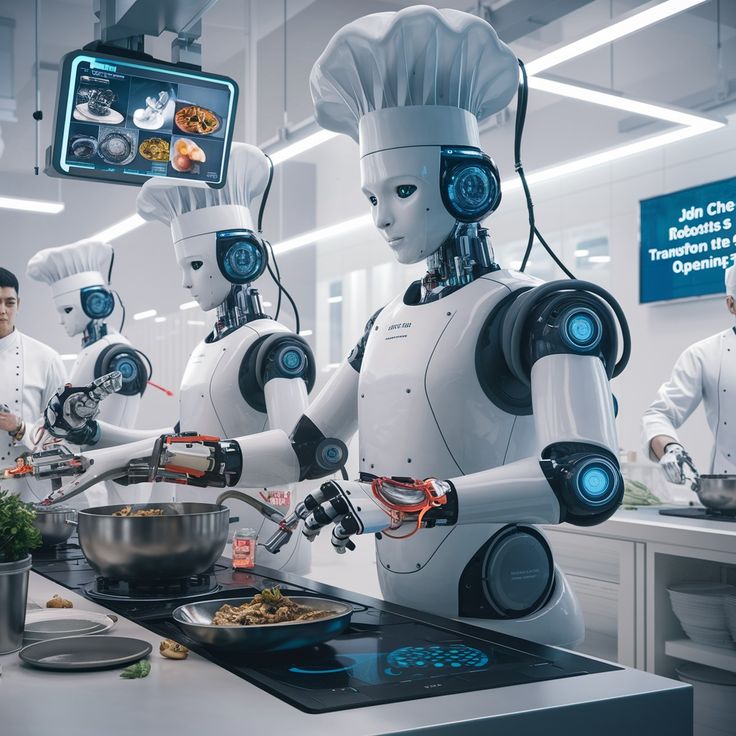
While the technological benefits of AI are undeniable, they come with a host of ethical concerns. One of the most significant challenges is the potential for AI systems to exacerbate bias and discrimination. Since AI algorithms are trained on large datasets, they can inadvertently inherit the biases present in the data they are trained on. For instance, facial recognition technology has been shown to have higher error rates when identifying people of color, leading to concerns about racial profiling and discrimination. Similarly, AI used in hiring algorithms has been found to favor male candidates over female candidates or candidates from certain ethnic backgrounds.
To address these concerns, there is growing advocacy for the development of ethical AI. Researchers, policymakers, and organizations are working to ensure that AI systems are transparent, fair, and accountable. This includes establishing guidelines for training data, creating frameworks for testing AI models for bias, and advocating for diversity in the tech industry to reduce the risk of biased AI development. Several organizations, including the AI Now Institute and Partnership on AI, are leading the charge on AI ethics, working to ensure that AI technologies are aligned with human values and rights.
Accountability is another critical issue. As AI systems become more autonomous, questions arise about who is responsible when things go wrong. For example, if an autonomous vehicle causes an accident, who should be held liable—the manufacturer, the developer of the AI system, or the owner of the vehicle? Similarly, if an AI-driven medical device misdiagnoses a patient, who should bear the responsibility? These questions remain largely unanswered and will require significant legal and regulatory frameworks to address as AI continues to proliferate across industries.
Economic Implications: Job Displacement and the Future of Work
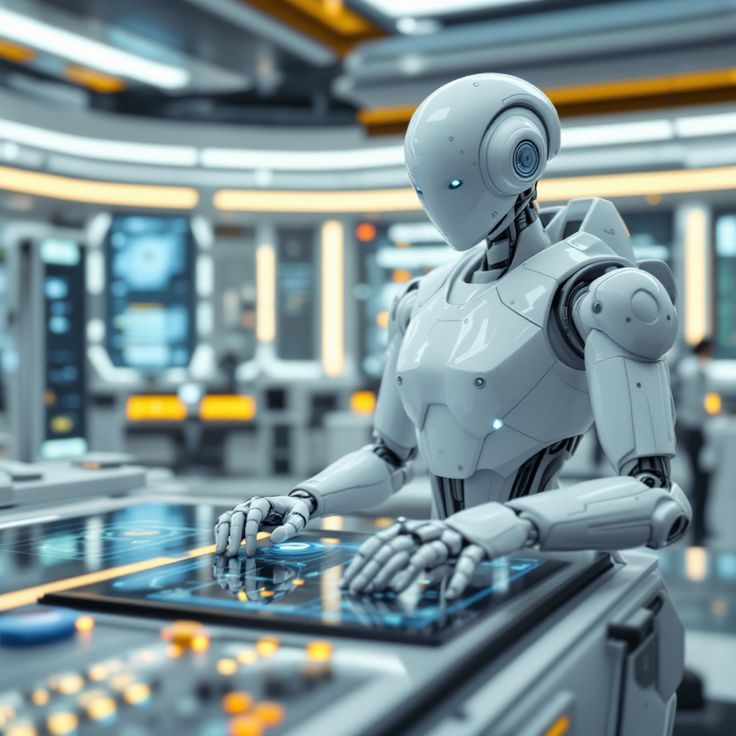
One of the most significant challenges posed by AI and automation is the potential for job displacement. While AI can create new opportunities, it also has the potential to eliminate millions of jobs. Sectors like retail, transportation, and manufacturing are particularly vulnerable, as automation technologies are already replacing human workers in many areas. For example, Amazon’s warehouse robots have revolutionized logistics, dramatically increasing efficiency but reducing the need for human labor.
The future of work in an AI-driven economy is a topic of intense debate. On one hand, AI is expected to create new jobs in fields like AI research, data analysis, cybersecurity, and green energy. On the other hand, many low-skilled jobs, especially in sectors like customer service, construction, and driving, could be replaced by AI-driven automation. This has led to widespread concerns about economic inequality, as displaced workers may struggle to find new jobs that pay as well or offer the same benefits.
In response, policymakers, economists, and business leaders are calling for a rethink of workforce development. There is increasing support for retraining and reskilling programs that help workers adapt to the changing job market. This includes investments in education, vocational training, and lifelong learning programs that focus on skills like critical thinking, creativity, and technical proficiency. There is also growing support for policies like universal basic income (UBI), which would provide a guaranteed income to individuals regardless of employment status, as a way to mitigate the effects of job displacement.
Furthermore, there is a call for a shift in the way work is structured. The gig economy, which has grown in the wake of AI and automation, has led to the rise of short-term, freelance work, often without benefits like health care or paid leave. As AI continues to reshape industries, the labor market may increasingly rely on flexible, remote, or freelance labor, creating new challenges for workers and policymakers alike.
AI Regulation and Governance
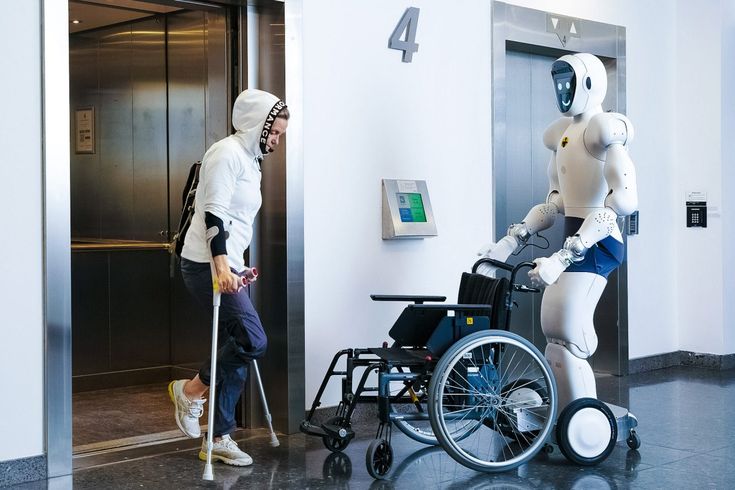
As AI technology continues to advance at a rapid pace, there is growing concern about how to regulate its development and deployment. The lack of clear regulatory frameworks is creating uncertainty in both the public and private sectors. In the U.S., AI regulation has largely been reactive, with lawmakers struggling to keep up with the rapid pace of innovation. While some efforts have been made to introduce legislation, such as the Algorithmic Accountability Act and the National AI Initiative Act, there is still no comprehensive federal policy on AI.
At the state and local levels, some cities and states have begun experimenting with AI regulations. For example, California has enacted laws to regulate the use of facial recognition technology by law enforcement, and New York City has passed laws requiring companies to disclose the use of AI in hiring processes. However, these local efforts are fragmented and vary widely across the country, leading to a patchwork of regulations that can be difficult for companies to navigate.
There is also growing interest in international AI governance. The U.S. is involved in international efforts to create standards for AI development, particularly through organizations like the OECD (Organisation for Economic Co-operation and Development) and the G7. These efforts aim to ensure that AI is developed in ways that are aligned with democratic values, human rights, and international norms. However, global cooperation on AI regulation faces significant challenges, particularly as countries like China pursue their own approaches to AI governance.
The Role of AI in Society and Human Development
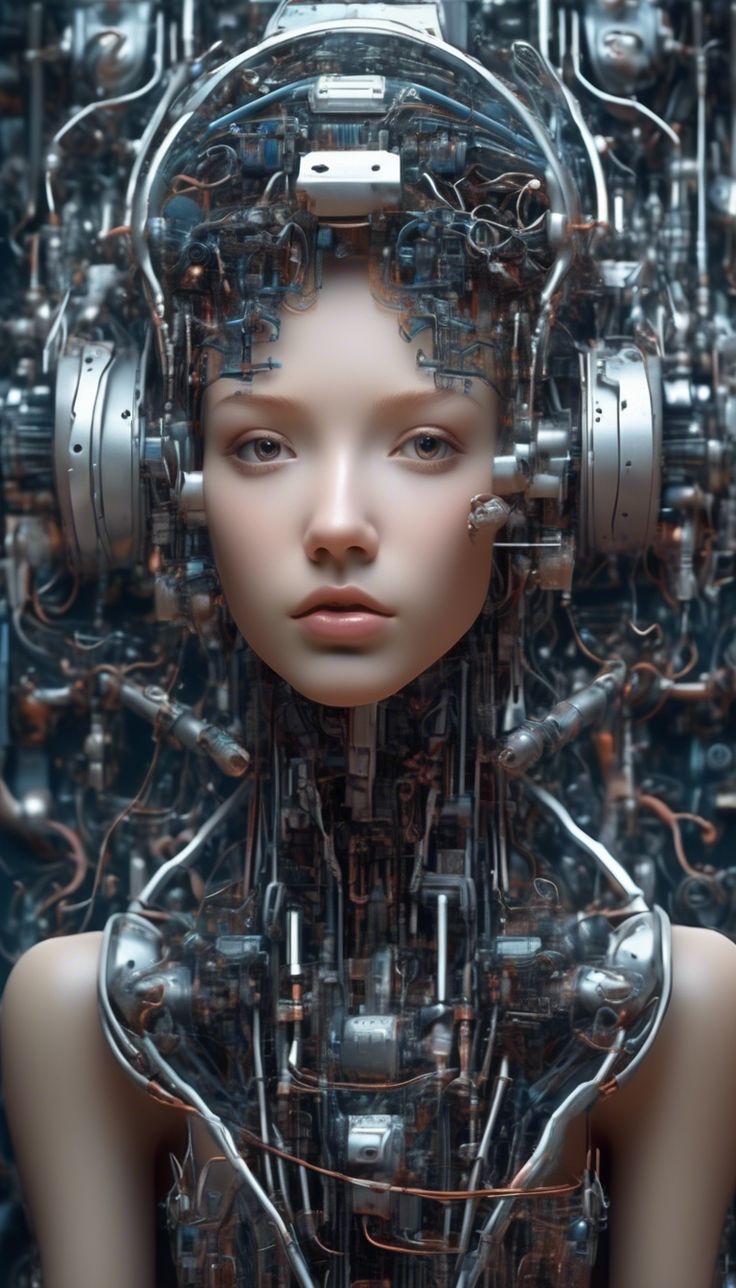
Beyond its impact on the economy and jobs, AI is increasingly being integrated into society in ways that affect everyday life. AI-driven systems are playing a larger role in shaping people’s experiences, from personalized recommendations on social media and streaming platforms to predictive algorithms in criminal justice, education, and healthcare. While these applications have the potential to improve quality of life, they also raise concerns about privacy, data security, and the centralization of power.
For instance, AI algorithms are increasingly being used to predict criminal behavior, often based on historical data. While this can lead to more efficient law enforcement, it also raises concerns about racial profiling and the reinforcement of existing inequalities in the criminal justice system. Similarly, the use of AI in education could offer personalized learning experiences, but it could also exacerbate existing digital divides, as students from lower-income families may not have access to the necessary technology.
Moreover, the rise of AI-powered social media algorithms has led to concerns about the spread of misinformation and the erosion of public trust in information sources. Algorithms that prioritize sensational content over factual accuracy can contribute to polarization and undermine democratic processes.
Conclusion: Navigating the Future of AI
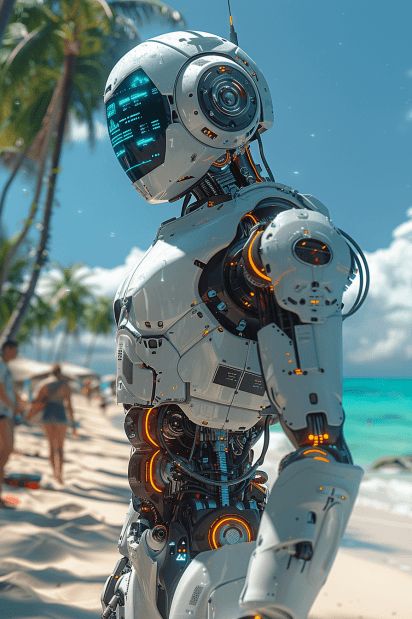
The technological revolution driven by AI and automation offers incredible opportunities but also presents significant challenges. As the U.S. stands at the forefront of this revolution, it faces complex questions about how to manage the ethical implications, economic disruptions, and societal transformations brought about by these technologies. Ensuring that the benefits of AI are broadly shared while mitigating its risks will require coordinated efforts from governments, businesses, and civil society.
As of 2025, there is a growing recognition that responsible AI development—which includes addressing bias, ensuring accountability, and promoting transparency—will be key to ensuring that AI benefits society as a whole. Policymakers must act quickly to establish regulatory frameworks that protect individuals’ rights while fostering innovation. The future of work will require new models of education, job retraining, and income support to ensure that the workforce can adapt to an AI-driven economy. Ultimately, the U.S. will need to balance the incredible potential of AI with the challenges of maintaining fairness, equity, and human dignity in an increasingly automated world.
